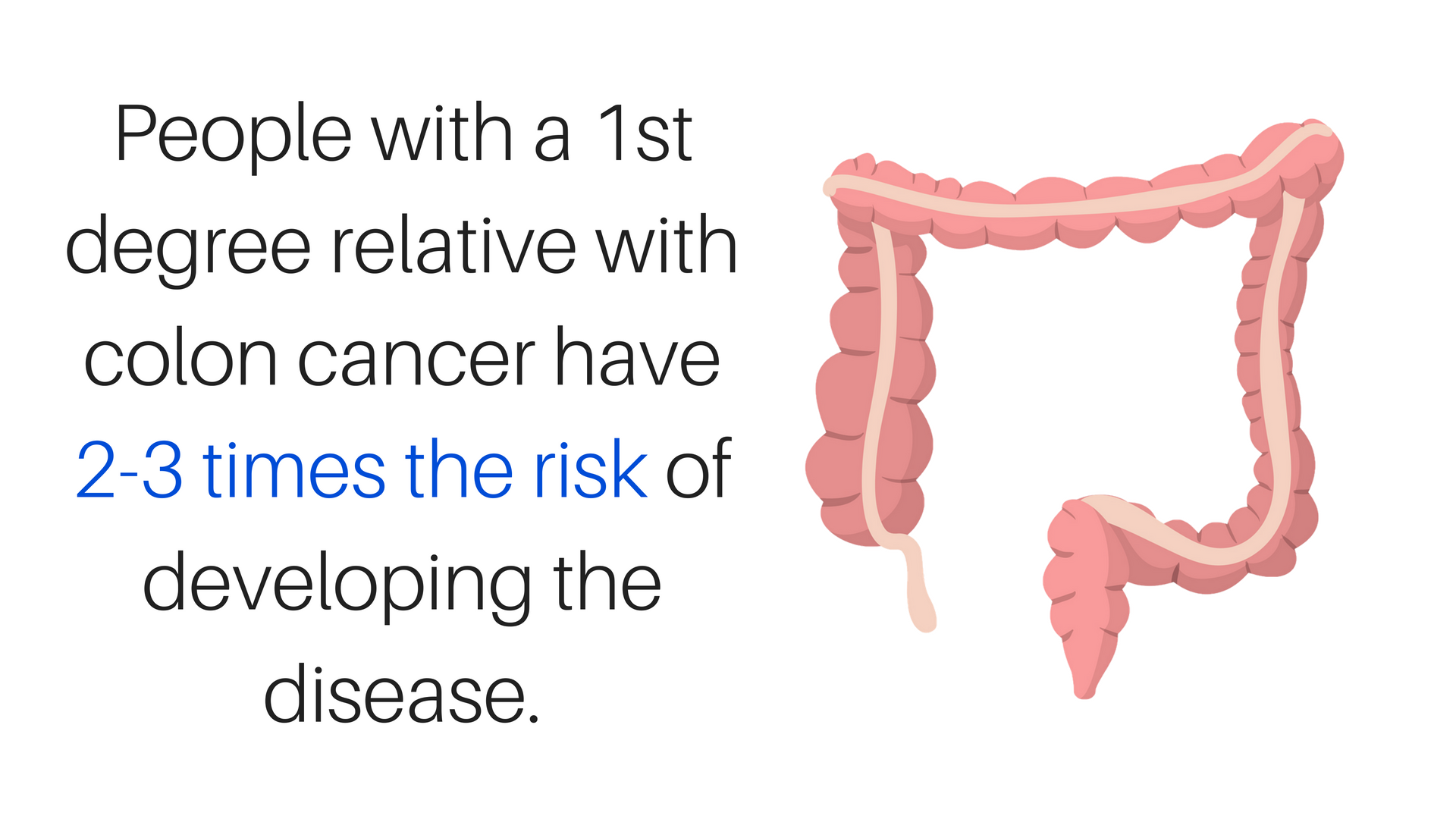In the labyrinthine corridors of our genetic makeup, family history serves as a pivotal map. It offers a profound insight into the eventualities that may unfold in our lives, particularly regarding colon cancer. This malignancy, often lurking beneath the surface, often springs forth like a tempest from the harbor, especially for those with a background steeped in familial predisposition.
Colon cancer, a veritable chameleon, can manifest in myriad forms and stages. However, one irrefutable facet remains: having a first-degree relative—be it a parent or sibling—with this insidious disease can elevate one’s risk to two to three times greater than individuals without such a lineage. This stark statistic underscores the importance of familial connections, a poignant reminder that our bloodlines are more than mere inheritance of traits and idiosyncrasies; they are woven with the threads of potential health outcomes.
The genetic factors playing a role in colon cancer are multifaceted. Certain inherited syndromes, such as Lynch syndrome or familial adenomatous polyposis (FAP), act as harbingers of the disease, calling to attention the significance of vigilance. Individuals with a rich tapestry of familial antecedents regarding colon cancer must traverse their health journeys with a tailored approach. Screening regimens may require an earlier initiation and more frequent monitoring, akin to fortifying the castle walls in anticipation of an impending siege.
Moreover, the biological mechanisms that contribute to such familial risk are steeped in complexity. Genetic mutations can be likened to corrupted files in the vast repository of our DNA, altering the program responsible for cellular regulation. When these mutations proliferate, they can incite a cacophony of cellular proliferation that may culminate in the nefarious emergence of cancer. This underscores a pivotal truth: our family history serves as an unpredictable compass guiding us toward informed decisions regarding prevention, genetic screening, and lifestyle choices.
However, the narrative doesn’t solely reside within the confines of genes. Environmental factors and lifestyle choices serve as key players in the stage of colon cancer risk. Diet, physical activity, and even stress levels amalgamate with genetic predisposition, creating a complex interplay. Picture a finely tuned instrument, wherein family history resonates as a vital note, complemented by the timbre of one’s lifestyle and environment. Together, they create a symphony that dictates health outcomes.
In conclusion, navigating the waters of colon cancer risk necessitates an awareness of one’s familial landscape. Awareness breeds empowerment, enabling individuals to take proactive measures. Ultimately, by understanding the intricate tapestry of genetics and environmental factors, we arm ourselves with knowledge, fostering a proactive approach to health that transcends mere inheritance. As we reflect on the implications of our familial histories, let us engage in open conversations, ensuring that awareness is the beacon guiding us toward more informed choices and healthier futures.
